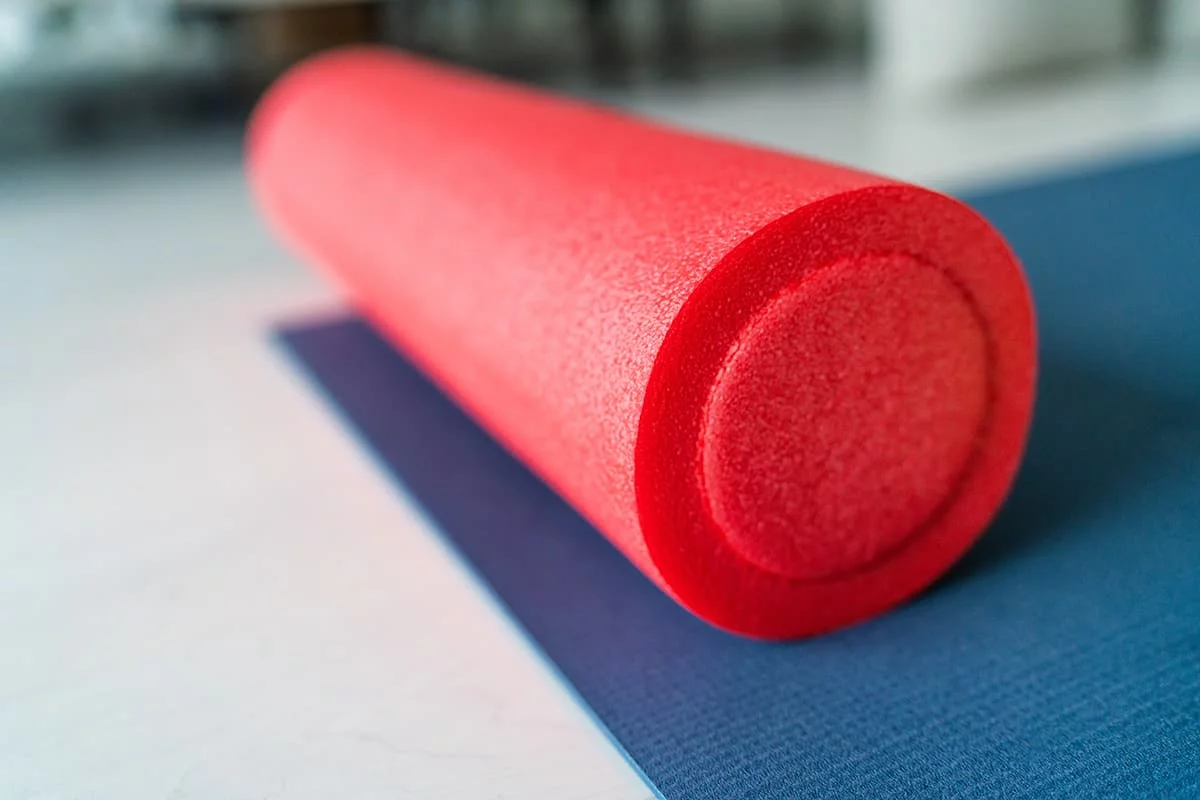Physical therapy is essential to help recover from a serious injury, improve upon a disability or chronic condition, or to help recuperate from surgery. Professional physical therapy in NYC aims to help individuals rebuild strength, improve mobility, and prevent future injuries.
Physical therapy typically involves visiting a professional on a recurring basis (depending on the severity of your condition) to work on specific exercises. In today’s new world, it is difficult to go to a physical therapy rehabilitation center, and more people are relying on their at-home workouts to help recover and rebuild their strength.
BENEFITS OF PHYSICAL THERAPY
Physical therapy is beneficial for individuals suffering from a variety of conditions, including:
- Sports-related injuries
- Developmental delays in children
- Neurological conditions that compromise movements such as a stroke or Parkinson’s disease
- Recovering from surgery
Physical therapy can aid in:
- Pain management
- Improving overall mobility and function
- Avoiding surgery
- Improving balance
- Recovery from an injury or trauma
- Fall prevention
TYPES OF PHYSICAL THERAPY
NY Physical Therapy is not one size fits all, and there are different types of therapy depending on the condition you are looking to treat.
Orthopedic physical therapy treats any injury or condition involving muscle, bone, tendons, ligaments, etc. This form of physical therapy is useful for individuals who have suffered a sports injury or are recovering from orthopedic surgery. Exercises include strength building and mobility training.
Vestibular Therapy is used to treat individuals with balance issues. Such issues can result from inner ear conditions and therapy to address this issue include balancing exercises and manual techniques that can help an individual regain their coordination.
Pediatric Physical Therapy involves working with infants, children, and adolescents who suffer from developmental delays, cerebral palsy, or any condition that affects their musculoskeletal system.
TIPS AND TRICKS
With doctor’s offices closing their doors for anything other than emergencies, more and more people are having to rely on maintaining their physical therapy exercises at home. Read on to learn some tips to keep yourself motivated and on a schedule, so your health is not compromised.
EDUCATE YOURSELF
One of the most important tips to remember when it comes to physical therapy is to educate yourself on the specific benefits. It’s more difficult to make excuses when you understand the benefits to your body and recovery that come from performing your daily exercises. Email your PT to help you understand the reason for each exercise so you can think about the specific muscles you are building as you work through the fatigue.
STICK TO A SCHEDULE
Have a time set aside every day for you to do your exercises and be diligent. Protect this time by setting the alarm or putting it on your daily to-do list. Establishing a routine with a set time will ensure you don’t forget about your exercises and continue to reap the benefits even when you can’t see your PT.
MULTI-TASK
If you find the exercises hard to get through, find an activity you can distract yourself with while you do them. However, make sure it is not something that will compromise your ability to perform these exercises. Watch TV while you work or listen to your favorite playlist to keep your mind off of your fatigue and make the process more enjoyable.
KEEP TRACK OF YOUR PROGRESS
It is always a good idea to start journaling your daily progress. Such documentation allows you to see your growth as you can track exercises that become easier over time. You can also write down when you are in pain or feel weak and can track your diet, activities, etc. for that day to determine what is making you feel this way. Understanding your body and, more specifically, your triggers are essential when recovering from an injury or when trying to treat a chronic condition.
Following these tips will help you stick to your at-home physical therapy practice. During such uncertain times, it is essential to keep yourself as healthy as possible to limit the risk of injury, a delay in progress, or a trip to the hospital.
